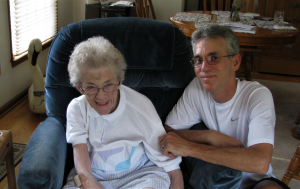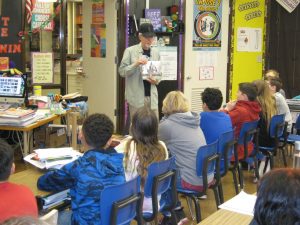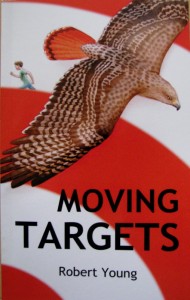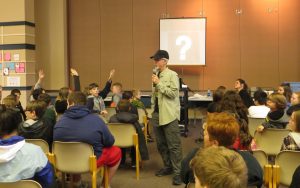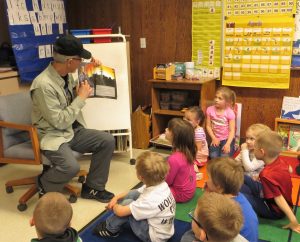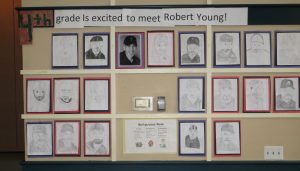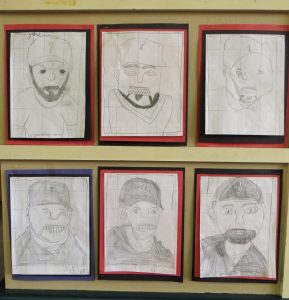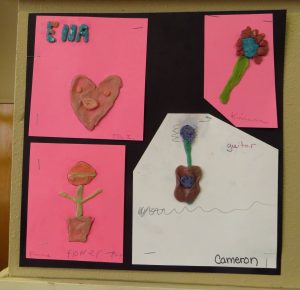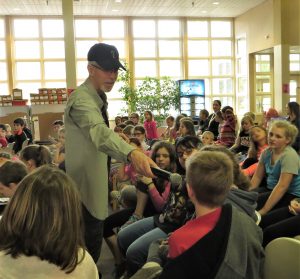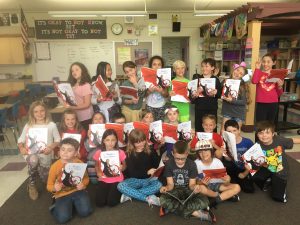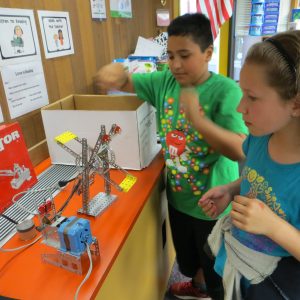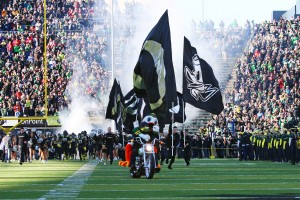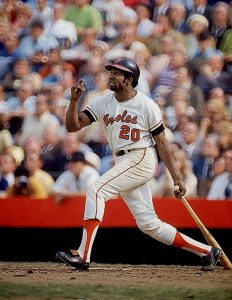
Hall of Fame baseball player Frank Robinson died last week. I first saw him play in the late 50s at Connie Mack Stadium in Philadelphia. It was the first major league baseball game I ever attended. The Phillies played the Cincinnati Reds, Frank’s team. He played right field.
The magic of my first game—the lights, the green, green grass, the smell of hotdogs and popcorn—was topped by watching Frank play, his fluidity in the field, his power at the plate. By the end of the game, I was a Reds fan. Frank and his outfield teammate Vada Pinson were my new favorite players.
I followed the Reds for the next several years, loyal despite their mediocrity. Frank, however, was superb during that time. He won Rookie of the Year as well as the National; League’s Most Valuable Player. Surprisingly, though, the Reds traded Frank to the Baltimore Orioles after the 1965 season. My allegiance switched to the Orioles.
The following season, Frank got his revenge for being traded. He won both Triple Crown (best average, most home runs, most RBIs) and the Most Valuable Player in the American League. The Orioles won the World Series. Frank played with the Orioles for a few more years, then a few other ball clubs before becoming manager of the Cleveland Indians in 1975. He was the first black manager of a major league team.
Fast-forward twenty years to when I crossed paths with Frank Robinson. Researching a book about baseball, I visited the Orioles’ spring training facility in Florida. Despite the MLB strike by players, the preseason was going ahead with replacement players.
When I arrived at the training facility, I checked in at the small team office. Two men sat in the office, chatting amiably. One of them had a face made familiar by the countless baseball cards I had collected over the years. It was Frank Robinson. I introduced myself, and the man with Frank—the public relations director—recalled our correspondence and proceeded to issue me credential for the facility so I could interview the team staff.
After I left the office, I immediately had one of those “moments,” the ones where you say to yourself, “Should I reveal myself to Frank, tell him how I had followed his career, share that he had been one of my favorites? In my briefcase, among my notepads and recorders, I even had a brand-new baseball. I decided I wouldn’t have another opportunity like this.
When I returned to the office, I addressed Frank, telling him how much I enjoyed watching him play. He smiled, and we talked a few minutes. And then I pulled out the ball. Talk stopped and his smile disappeared. In an instant I had become one more in the legion of people who wanted something from him. His dour expression and silence made it clear that he was tired of it. I didn’t blame him a bit.
Still, I knew this moment would never come again, so I asked him if he would please sign the ball for my son, Tyler. It’d be a present for his 16th birthday. I held my breath as Frank scribbled who-knows-what on the ball. When he handed the ball back, he looked past me. I thanked him, stuffed the ball back into my briefcase, and made for the door.
Outside, I walked awhile in the bright Florida sunshine. When I couldn’t stand it another second, I opened the briefcase and grabbed the baseball. On the sweet spot, in neatly crafted cursive, it read: “Tyler, Happy 16th birthday. Frank Robinson.

